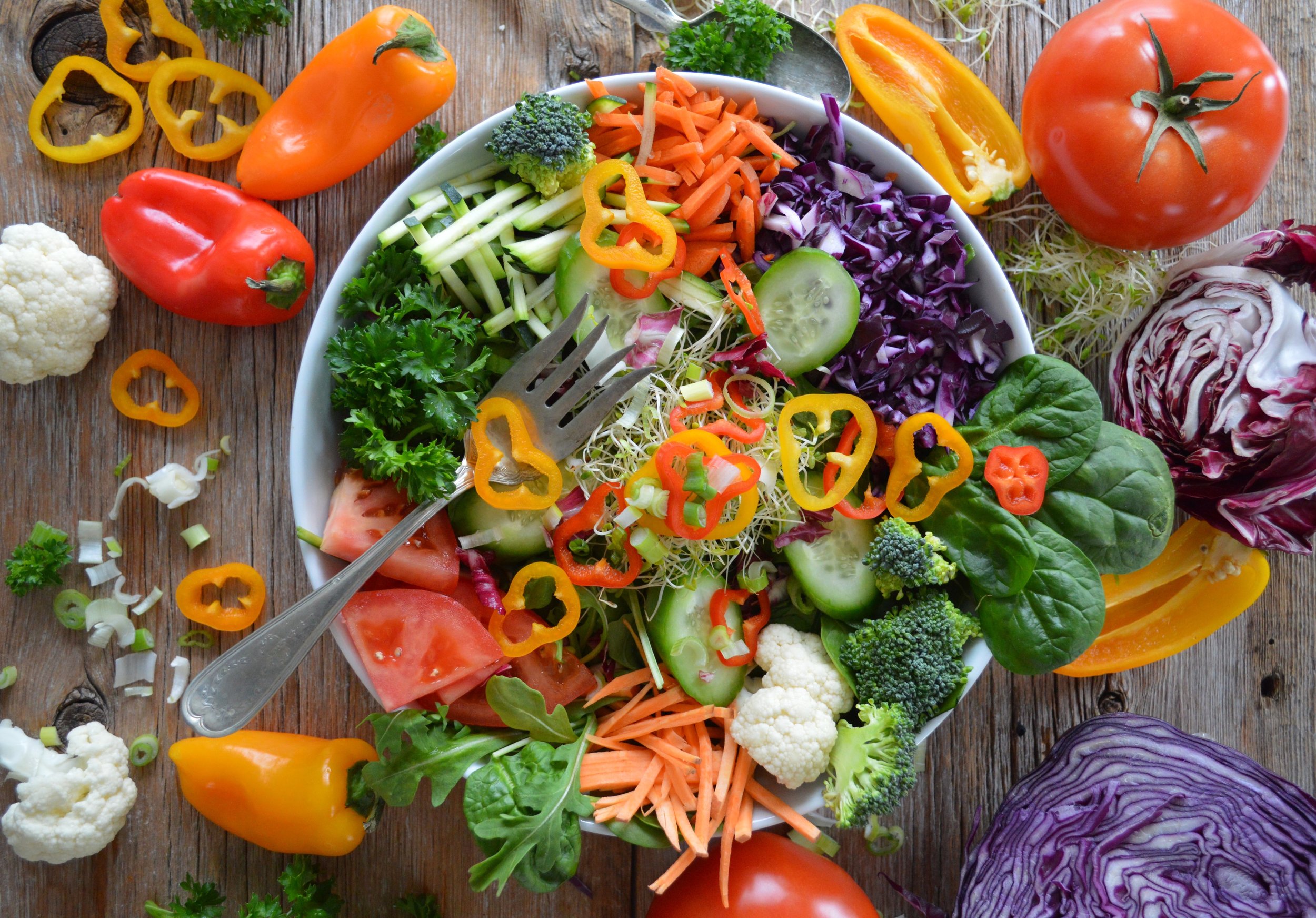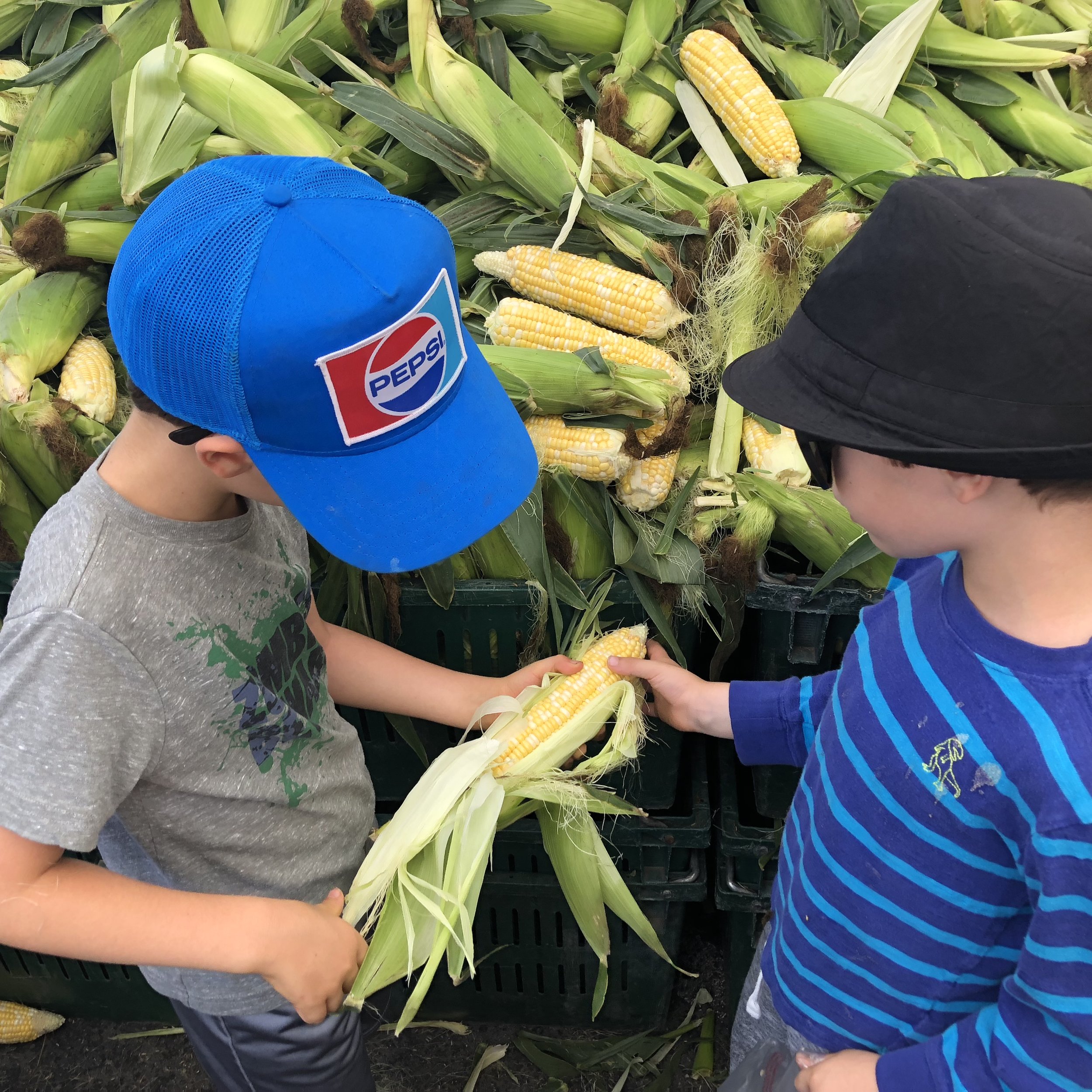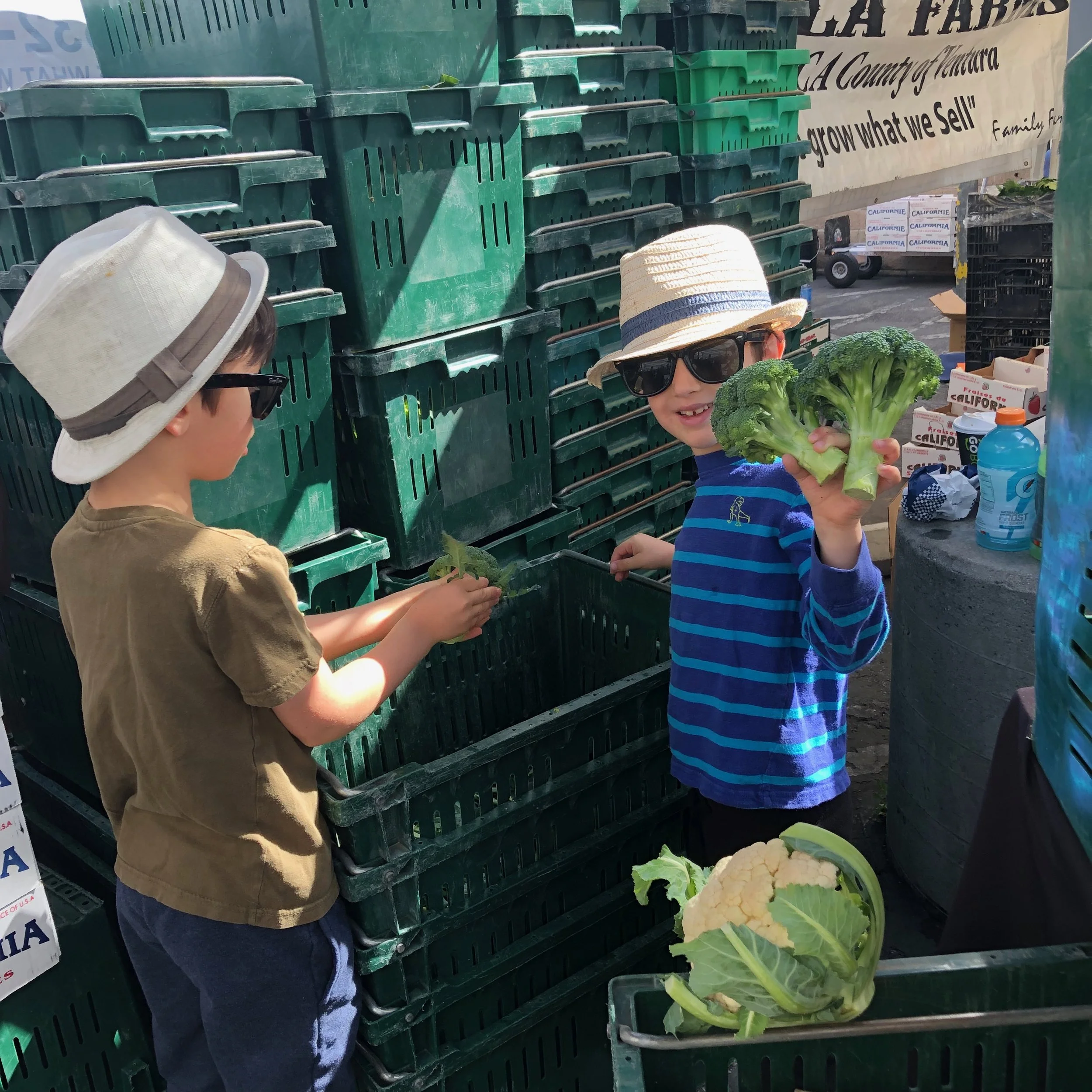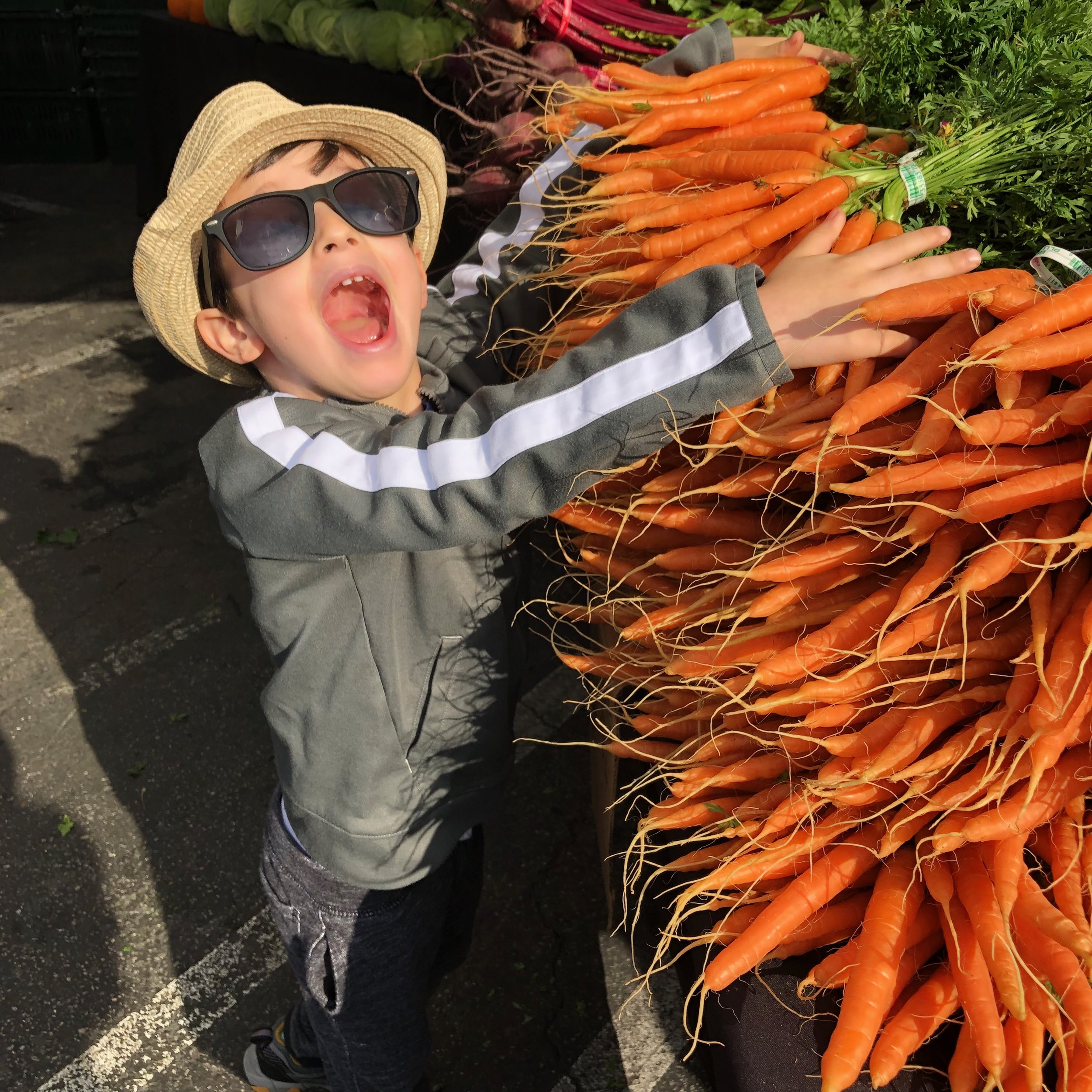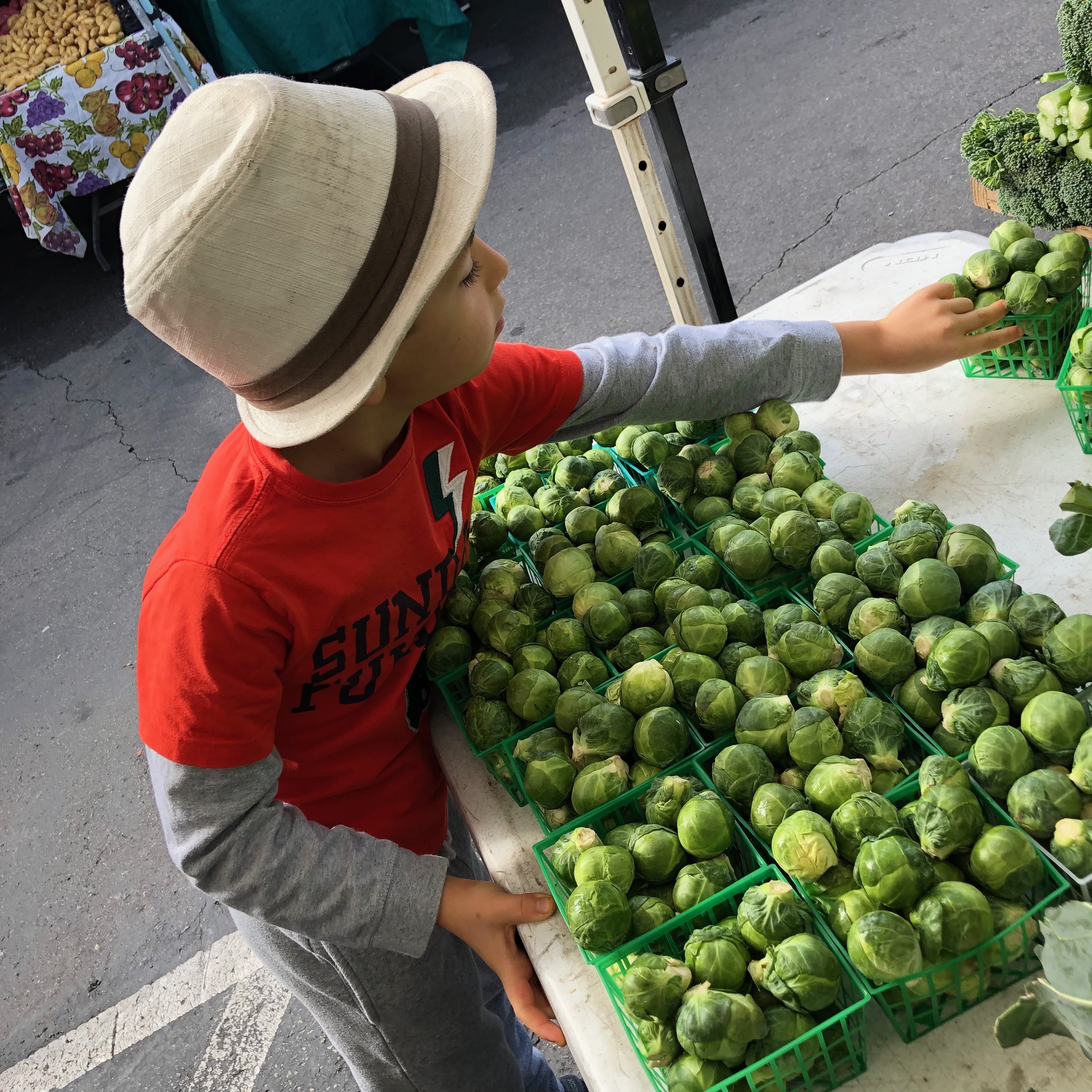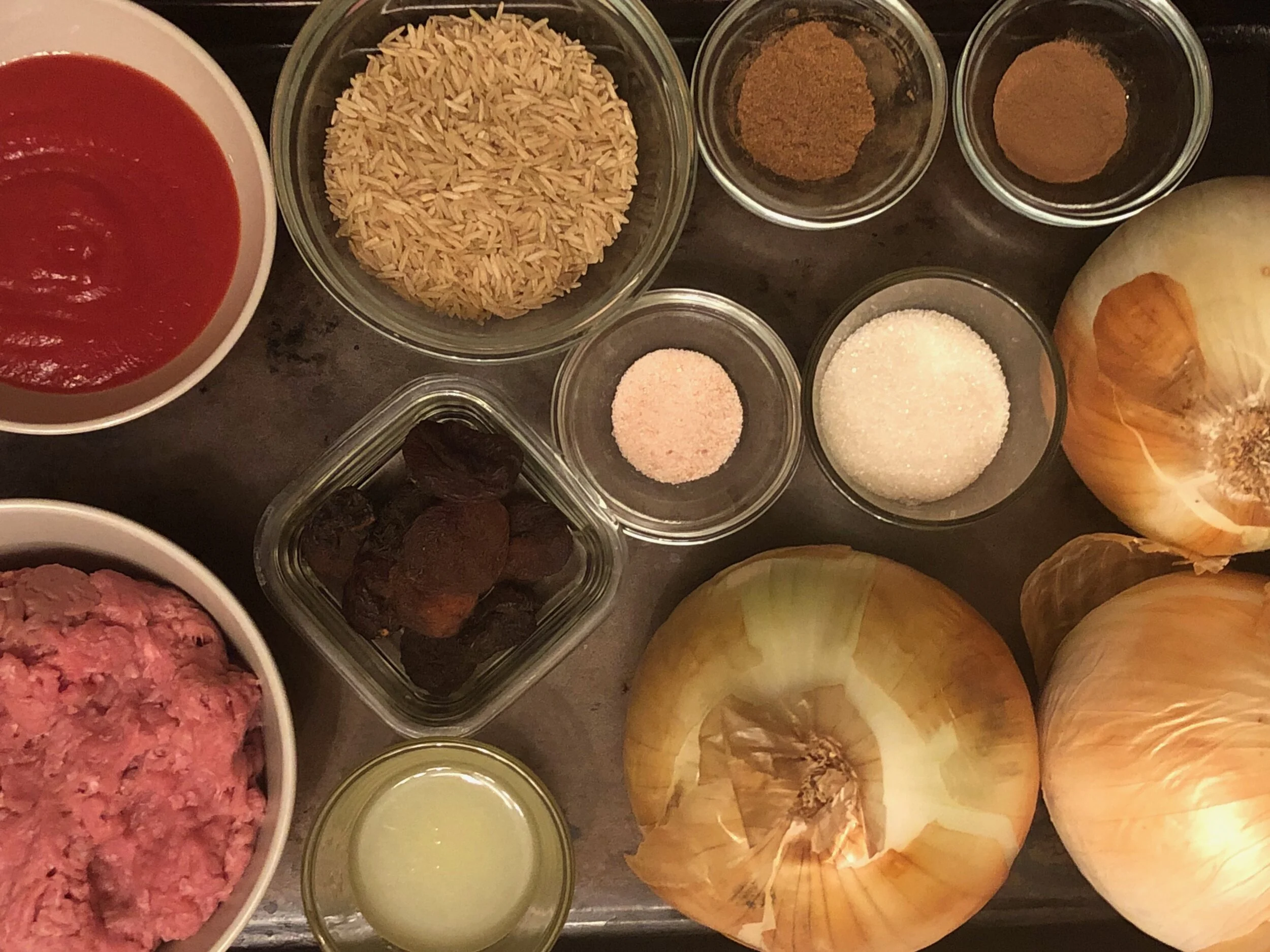Since I was a child, I’ve always loved food. At every major family event, including my own bar mitzvah, I was always the last person to clear my plate. However, as it turned out, the food I was eating was not as healthy as I was led to believe. I suffered from debilitating sinus issues, food allergies and sensitivities for over 25 years. Whenever I would get a cold, it always evolved into a sinus infection.
In 2014, while experiencing brain fog, lack of energy and a host of issues brought on by work-related anxiety and stress, I also learned that I was suffering from advancing adrenal fatigue, which is certainly not helped by the Western diet.
Updating My Diet
On the advice of my doctor, I made a conscious decision to remove the refined breads, dairy, soy, processed and manufactured items, food additives and, for a time, all red meat and wheat products. With my wife’s help, I learned how to make almost all of my food from scratch.
Over several months, my sinuses largely cleared, many of my sensitivities disappeared, I lost 20 pounds, my mind became clearer and my energy began to return.
Eventually, this journey affected my entire household. My wife and I figured out how to make everything from nut milk to sourdough bread to school snacks for the kids.
Seeing Food As Medicine
I learned that the food that we eat can have a powerful effect on the human body. Do I miss eating a bagel and cream cheese, a pizza, a hot dog or a doughnut? To be honest, not really. But that’s just me. Like binge-drinking, eating the wrong foods always felt terrific in the moment. However, I always paid for it later.
I no longer struggle to breathe in the morning (the California wildfires notwithstanding). I have not gotten a sinus infection in nearly six years. And when I do react to something in my diet, it is very easy to identify it and make the appropriate substitutions.
What Are The Health Effects Of The Western Diet?
According to a study reported on by Forbes, 58% of all calories and 90% of added sugars consumed in the United States are from ultra-processed foods. Needless to say, these are a major health concern. These ultra-processed foods are loaded with empty calories, unlike the calories in their nutrient-dense whole-foods counterparts.
What Foods Should You Be Eating?
By switching to a diet rich in predominantly whole, unprocessed foods, you’ll consume much less simple starch and sugar, experience less inflammation and reduce toxins in your body. You will almost certainly feel better that you were before. It need not be a sudden shift. A gradual evolution is the best way to proceed.
Starting this Thanksgiving, why not use the holiday season to experiment with healthier new recipes? I’ll be posting simple and efficient meal ideas from my own experience. These include foods that have become staples in our household and that our kids have learned to enjoy as well.
Advice For The Holidays
Eat as many colorful plant foods as possible. Eat animal foods that have been sustainably farmed, properly fed and given a good quality of life. Using these raw materials, pick a handful of recipes that you can learn to make from scratch.
Don’t think in terms of what you might be missing out on. Consider what you are gaining.
Happy Thanksgiving!

